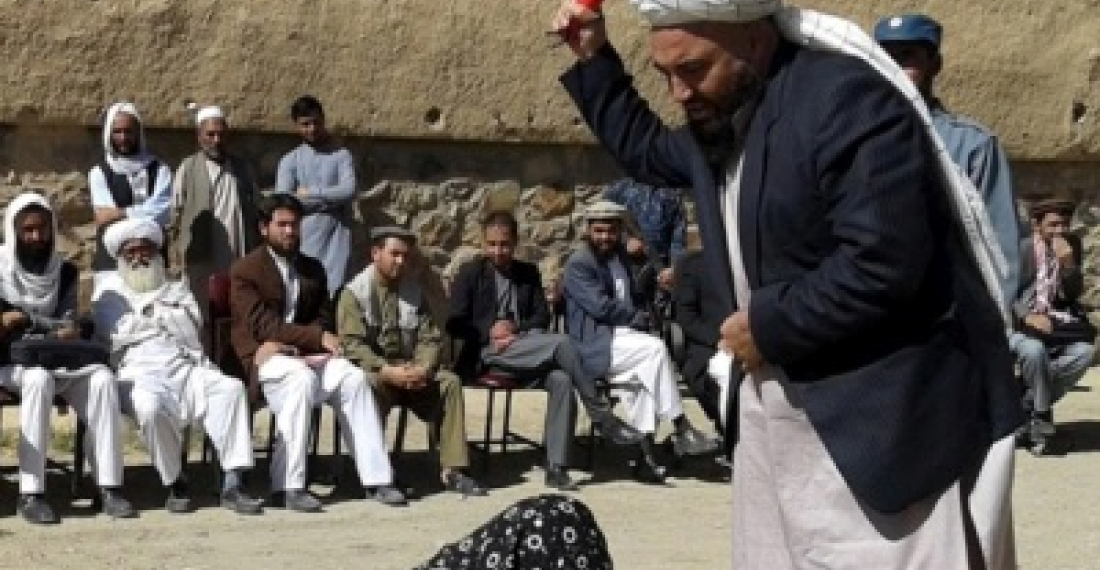On Monday (19 December), 30 people were publicly flogged in two different provinces in Afghanistan as Taliban's head Hibatullah Akhundzada ordered all Afghan judges to strictly comply with Islamic sharia law. In the province of Jowzjan, 22 people were flogged publicly for drug dealing and theft, according to a report from the Russian news agency Sputnik. The public flogging took place following an order from the chief judge of the Jowzjan province, Abdul Wahab Zahid.
Meanwhile, in the province of Kapisa, eight people were flogged for theft and drinking. On 14th December, 20 people were lashed in the Helmand province.
Hibatullah Akhundzada is a senior Taliban leader who was appointed as the group's leader after the death of Mullah Omar in 2015. He is a cleric and a former member of the Taliban's governing council, and is believed to be in his 60s. Akhundzada has been involved with the Taliban for many years and is known for his hardline stance.
On 24th November, Taliban conducted its first public flogging in a football stadium since the 90s. “Fourteen people, including three women were lashed in the presence of scholars, authorities and people… for different sins including adultery, robbery and other forms of corruption in a football stadium in Logar [province],” read a statement from Taliban's Supreme Court. Deputy governor of Logar, Enayatullah Shuja said after the incident that “Sharia law is the only solution for problems in Afghanistan and must be implemented".
During the 1st rule of the Taliban, which occurred in the 1990s, football stadiums were used to carry out public lashings and stoning. Before the public lashing on 24th November, people were invited via social media to come and witness the flogging.






